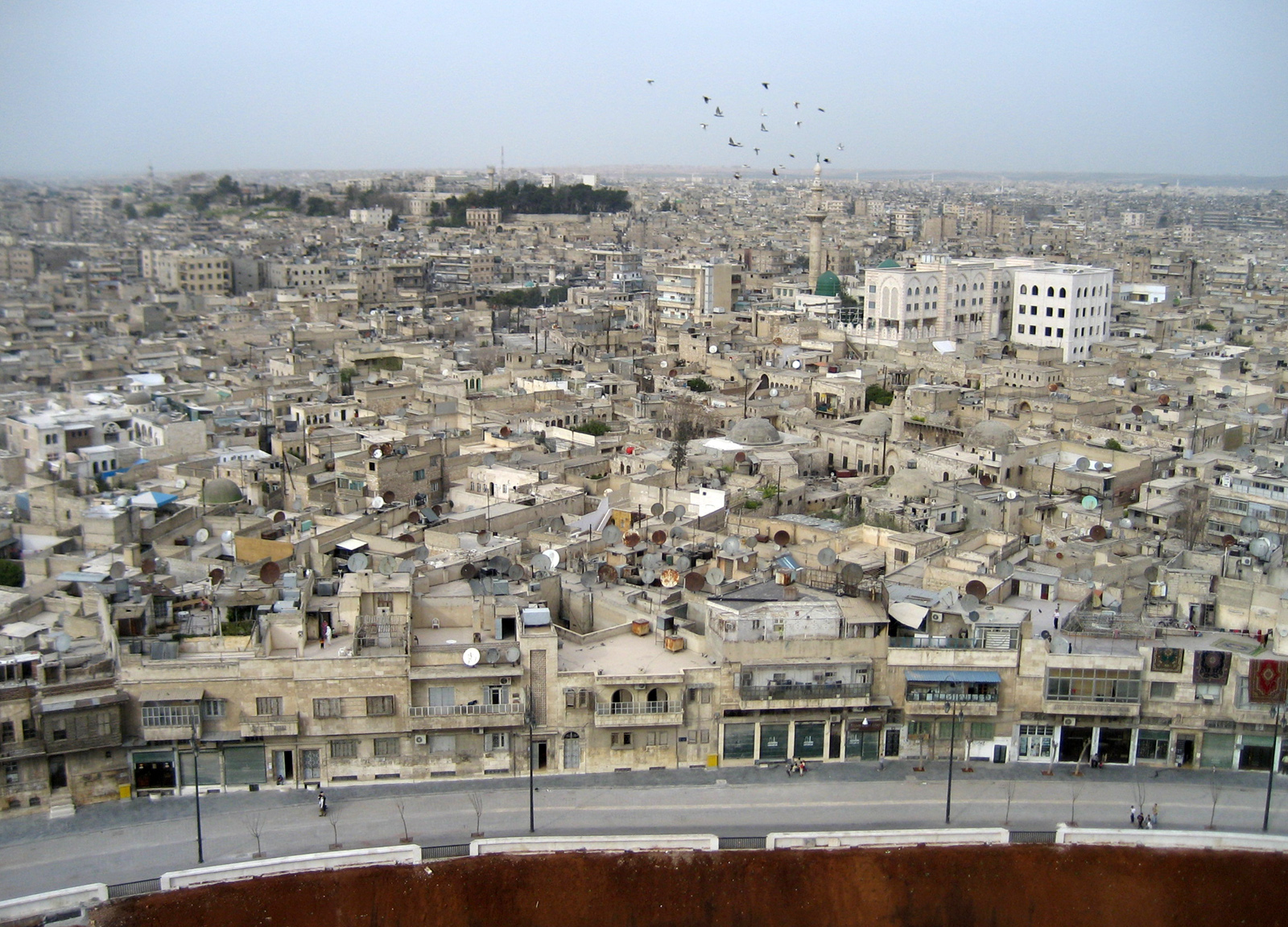
By Clare Morneau
[divider]
[dropcap]T[/dropcap]here are few days when the news does not mention refugees somewhere in the world, detailing a conflict, or providing a statistic on the number of people fleeing a particular region. In the past decade, our world has seen a rapidly increasing number of refugees—a mass exodus, if you will—from countries rife with some combination of conflict, environmental disasters, economic hardship and unstable leadership. Few countries characterize this mass movement better than Syria, where conflict has produced more than 5.6 million refugees. Many of these refugees have settled in refugee camps in neighbouring countries, like Lebanon and Jordan, supported by these countries and international organizations like the United Nations.
Even with the cacophony of discussion on Syrian refugees settling in neighbouring countries, there is much less dialogue on the potential return of some of these refugees. The choice to return, called voluntary repatriation, presents seemingly insurmountable challenges. At the moment, the United Nations states that Syria is not safe for voluntary repatriation. The country’s political system is turbulent, and many government-run services, like education and healthcare programs, are no longer functioning. Conflict continues, with Syrians being displaced in the thousands in parts of Syria like the Hajin area. For the United Nations to encourage repatriation, there would need to be work opportunities for returning refugees, adequate housing, and basic services in place.
Despite the lack of UN support and continuing conflict, Syrian refugees have begun to repatriate. In the past year, thousands of Syrian refugees have chosen to return home, and the United Nations believes that up to 250,000 refugees will make this movement within the next year. In the face of continuing conflict and danger in Syria, there remains the question of why refugees are making the choice to return now. Although each refugee has very personal reasons for their choice, one explanation may be a push from the Syrian government. President Assad’s government has an incentive to welcome refugees back into the country in efforts to re-legitimize its regime, and seems to believe that the return of refugees symbolizes confidence in the government’s abilities.
Repatriation is equally encouraged by the neighbouring countries that are hosting refugees from Syria. Countries like Lebanon are feeling the pressure of providing for an influx of people arriving from a dangerous situation, and challenged to meet the basic needs of these refugees while dealing with the struggles of their own citizens and country. For countries that have accepted large numbers of refugees, it can be extremely difficult to provide them with a reasonable quality of life. At the seventy-third session of the United Nations General Assembly in September 2018, the President of Lebanon expressed his desire for Syrian refugees residing in Lebanon to repatriate, as he believes that most Syrian territories have grown much safer, and does not think Lebanon can continue to “shoulder the burden” of Syrian refugees. His case is certainly helped by dismal conditions in refugee camps, where refugees often face food shortages, and struggle with weather, to the extent that United Nations officials have deemed some camps in neighbouring country Jordan situations of “life and death.”
[divider]

Driving into a camp for Syrian refugees on the Turkish border.
[divider]
More than government incentives and dismal refugee settlement options, the strongest pull for refugees to repatriate is hope—and longing for home. Leaving home is prompted by a myriad of factors, like danger, hunger, or hopelessness. The movement back to their country of origin signals hope, a belief in the possibility of rebuilding their life, and their home. This hopefulness may seem naïve, but optimism may be the only option in a situation that is practically devoid of choice.
But for those who do not see their country of origin as a place of hope, and do not wish to return, what options do they have? Do they repatriate to a place that holds few memories but violence for them, or do they stay in a host country that does not want them, and does not help them meet their basic needs? And for the children born in exile, more than one million in the last eight years, what choice is there? A move back to Syria is a move to the unknown, but a life in exile holds little promise. The international community is not providing other options. And when refugees do chose to return, how can we be sure that it truly is voluntary? Where is the line between choice and coercion, and how can we identify it?
Refugee repatriation is difficult, with many challenges in conflict zones, but given the reality of a world not creating new solutions, and people’s natural attraction to home, repatriation must be a option. These challenges must be addressed with an increased urgency in refugee discussions. as the international community has both a moral and practical stake in the issue.
[hr]
Clare Morneau is a sophomore in Morse College majoring in Global Affairs. You can contact her at clare.morneau@yale.edu.